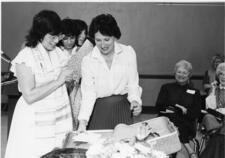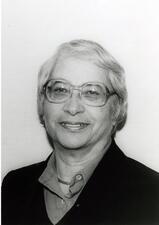
Mary Arbitman Fellman
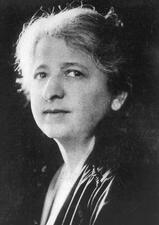
Mary Fels
Mary Fels used her wealth and her talents to further the Zionist cause, arguing passionately for a Jewish state and helping create both settlements and industry in Israel. Both Fels and her husband, a successful soap manufacturer, felt their wealth gave them a responsibility to reform capitalism and use their money for philanthropy.
Female Martyrdom
In various eras, Jewish women chose martrydom, or Kiddush ha-Shem (sanctification of the Divine Name), rather than repudiate God or transgress certain commandments. Examples appear in Jewish Hellenistic writings, rabbinic literature, Crusade chronicles, medieval Hebrew piyyut (liturgical poetry), accounts of the seventeenth-century Chmielnicki pogroms, and documents connected with the Shoah. Scholars differ, however, regarding the accuracy of these martyrological texts, which often reshape actual events to conform to iconic imagery.
Female Personalities in the Babylonian Talmud
Female Purity (Niddah)
Halakhic practice for Niddah, or female purity, is based on a harmonistic reading of Leviticus 12,15, 18, and 20. The laws of female purity have been historically used to determine the status of women in a patriarchal society.
Feminine Images of God
Jewish scripture includes few examples of a feminine or woman-personified God. The Hebrew Bible contains limited references to a female personification of God; God is usually explicitly described as a man. Medieval and contemporary theology have largely rejected the idea of divine gender, but some modern feminist theologians have interpreted texts to draw comparisons to the feminine experience.
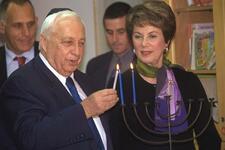
Feminism in Contemporary Israel
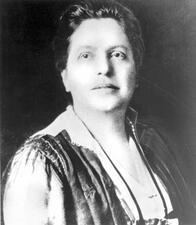
Feminism in the United States
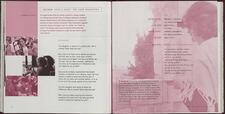
Feminist Jewish Ritual: An International Perspective
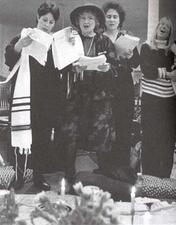
Feminist Jewish Ritual: The United States
Ritual behavior is one of the fundamental pillars of Judaism, and of all religions, whose concern is precisely with ultimate meaning and purpose. Since the 1970s, Jewish feminists have gained access to male-identified rituals, developed a wide variety of new rituals, and feminized core male rituals.
Feminist Theology
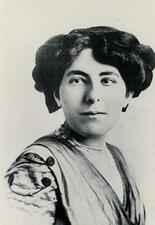
Edna Ferber
Prolific writer Edna Ferber celebrated America in her many works, even as she exposed its shortcomings. Her novel So Big won a Pulitzer Prize in 1925, and the film Giant and the musical Show Boat were both based on her novels. Ferber’s work was shaped by her childhood experiences of antisemitism and frequently featured strong and talented women.

Festivals and Holy Days
According to halakhah, women are responsible for obeying all of Judaism’s negative commandments and for observing most of the positive ones, including the Sabbath and all of the festivals and holy days of the Jewish year. In some instances, however, male and female obligations on these days differ.
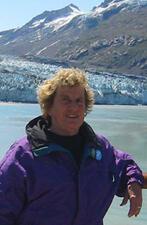
Joan Feynman
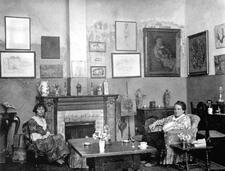
Fiction in the United States
Literature by American Jewish women reflects historical trends in American Jewish life and indicates the changing issues facing writers who worked to position themselves as Americans, Jews, and women.
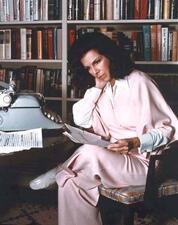
Fiction, Popular in the United States
The explosion of writing by American Jewish women in the twentieth century produced not only serious fiction, poetry, essays, and autobiography but also a range of popular literature geared towards pleasure and light entertainment. Popular fiction by American Jewish women in the twentieth century featured genres from regional novels, sagas, historical novels, romances, mysteries, science fiction, fantasy, and humor.
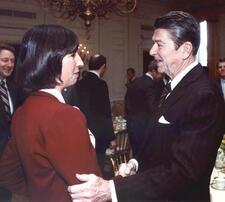
Bobbi Fiedler
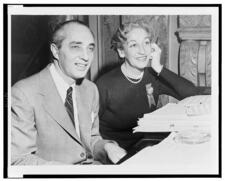
Dorothy Fields
Dorothy Fields wrote songs for a wide variety of musicals that became classics of American culture, from “Hey Big Spender” to “A Fine Romance” and “The Way You Look Tonight,” which won an Academy Award in 1936. In 1971, when the Songwriters’ Hall of Fame held its first annual nominations, Dorothy Fields was the only woman named to the ballot.
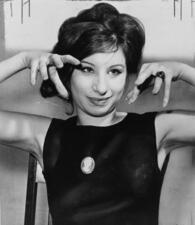
Film Industry in the United States
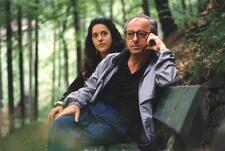
Filmmakers, Independent European
The substantial success of many European Jewish women filmmakers attests to their abilities to preserve or imagine what was lost as a community. The films of those born in Central Europe are reflective of the Jewish experience of loss, outsider-ness, and memory; others explore courage and individual acts of resistance during World War II. Western European directors re-tell personal stories of friendship and betrayal in a historical context of Europe without its Jews. A strong body of work from North African-born filmmakers reflects the relationship between Arabs and Jews.
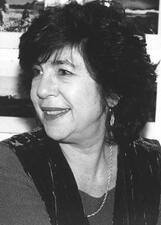
Filmmakers, Independent North American
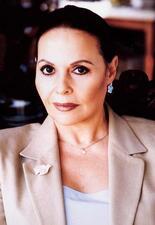
Filmmakers, Israeli

Liana Finck

Alexandra Fine
